There have been many complaints from mobile users about spam calls, spam messages demanding debt, credit, tourism and real estate advertisements, and even impersonating authorities to scam.
In the first 10 months of 2024, the hotline for reporting spam messages, spam calls, and scam calls (Call Center 156/5656) of the Ministry of Information and Communications recorded nearly 850,000 feedbacks from users.
Specifically, out of 850,000 user feedbacks, about 185,000 feedbacks were related to spam messages (22%), 441,000 feedbacks were about spam calls (52%) and 222,000 feedbacks were about scam calls (26%).
According to the Department of Information Security (Ministry of Information and Communications), 25% of these are spam calls, 20% are related to debt collection, credit, 20% are advertisements for tourism services, real estate,...
Notably, about 15% of the complaints come from scams in many forms such as online work support, roll call to receive gifts, stock investment, impersonating state agencies such as police, courts, banks, electricity, etc. 5% of the complaints are invitations to participate in gambling, betting, and online lottery.
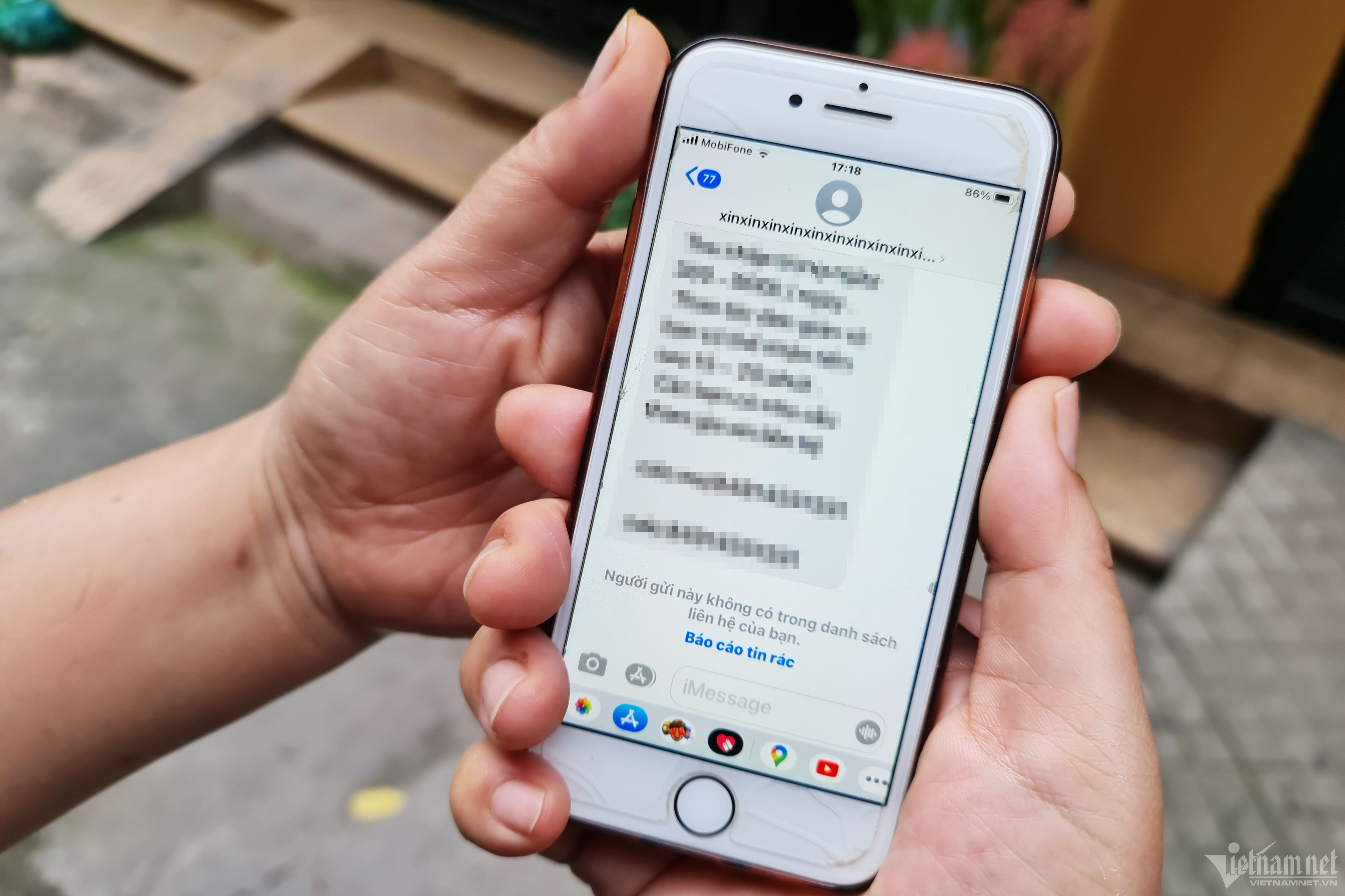
All these feedbacks are sent directly to the network operators for processing. 100% of telecommunications companies have been and are processing user feedbacks.
Currently, the rate of handling feedback from businesses is relatively high, demonstrating good compliance with the coordination of the Ministry of Information and Communications.
According to Mr. Dang Huy Hoang, Deputy Director in charge of the Vietnam Cyberspace Emergency Response Center (VNCERT/CC), through statistics, it can be seen that the situation of spam messages, calls, and scam calls still exists.
This situation comes from a number of causes such as junk SIM problems and leaked user personal information.
The Deputy Director of VNCERT/CC said that users still do not know how to protect their personal information. With the explosion of the Internet and social networks, many people live more in the virtual world than in real life.
There are people who share very little in real life but become a different person online. Where they go, what they eat, they share online.
This content can be inadvertently exploited by social networking platforms, thereby understanding user behavior.
“ Our information is sold a lot on private groups. If you want to get information about a customer file, just go online, spend a little money and you can buy it back. Therefore, users need to know how to protect personal information on social networking platforms ,” Mr. Hoang raised the issue.
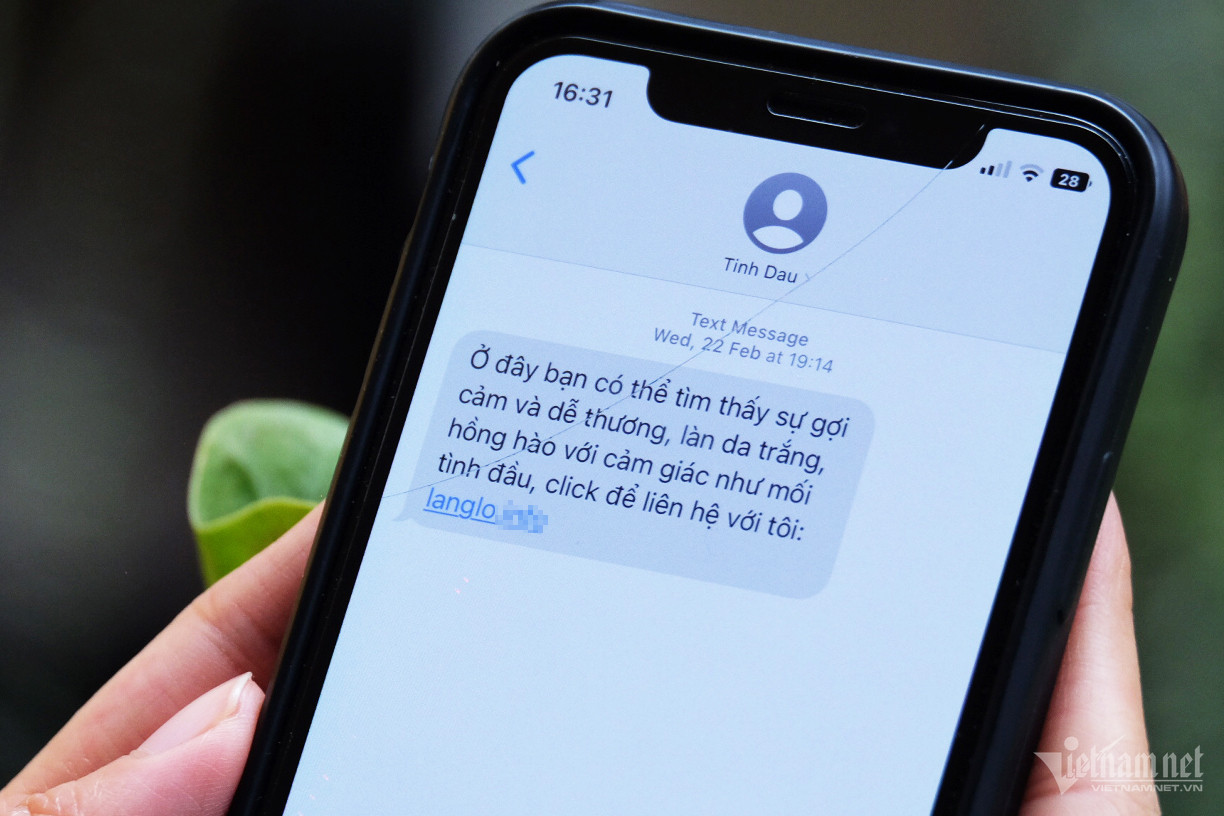
According to the Inspector of the Ministry of Information and Communications, spam calls and messages are made for many different purposes. Spam messages can be used to advertise content services.
The person who flashes missed calls may aim to get users to call or text back to service numbers providing content for profit or advertising.
Spam calls and messages can also be used as a channel to solicit real estate, insurance, travel, stock investment, loans, black credit, gambling game advertising, or even impersonate authorities to defraud, appropriate property, collect debts, threaten and blackmail, etc.
Faced with the above situation, to resolve the issue of spam messages, spam calls, and scam calls, the Inspectorate of the Ministry of Information and Communications has coordinated with network operators to review and improve the capacity of the spam message, spam call, and scam call filtering system, and to build and deploy filtering systems that apply artificial intelligence technology, big data, etc.
At the same time, the Ministry of Information and Communications has also strengthened inspection and examination of anti-spam messages, spam calls, registration, storage and use of mobile subscriber information, especially with organizations and individuals registering to use a large number of SIM cards, with unusually large signs, unclear purposes of use, and inconsistent with actual needs.
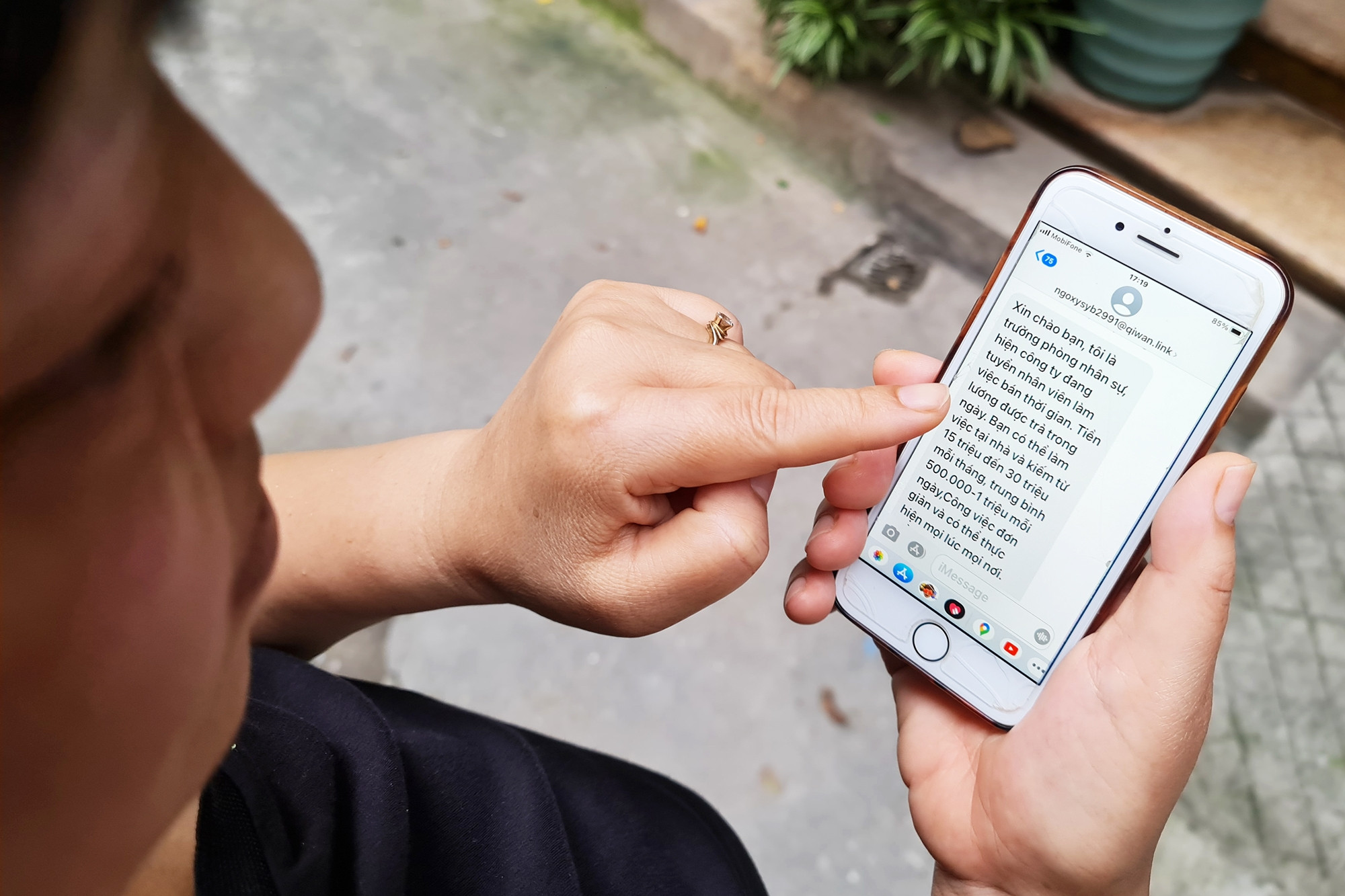
Source: https://vietnamnet.vn/nhieu-phan-anh-ve-cuoc-goi-rac-tin-nhan-rac-doi-no-lam-phien-2345569.html





![[Photo] Closing of the 14th Conference of the 13th Party Central Committee](https://vphoto.vietnam.vn/thumb/1200x675/vietnam/resource/IMAGE/2025/11/06/1762404919012_a1-bnd-5975-5183-jpg.webp)

![[Photo] Prime Minister Pham Minh Chinh receives the delegation of the Semiconductor Manufacturing International (SEMI)](https://vphoto.vietnam.vn/thumb/1200x675/vietnam/resource/IMAGE/2025/11/06/1762434628831_dsc-0219-jpg.webp)
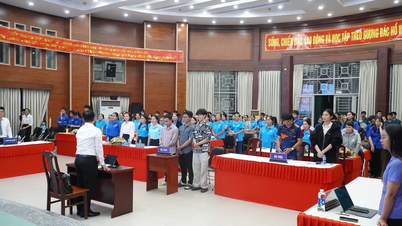



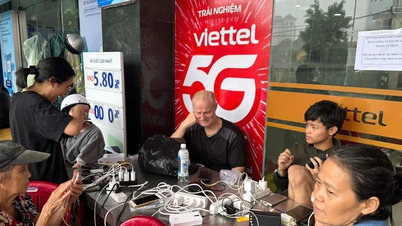





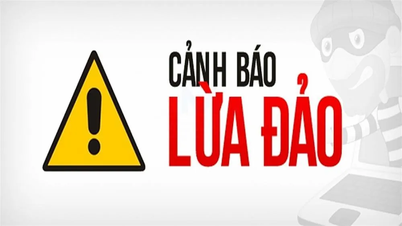
![[Video] The third National Press Award "For the cause of developing Vietnamese culture"](https://vphoto.vietnam.vn/thumb/402x226/vietnam/resource/IMAGE/2025/11/06/1762444834490_giai-bao-chi-vh-3937-jpg.webp)





















































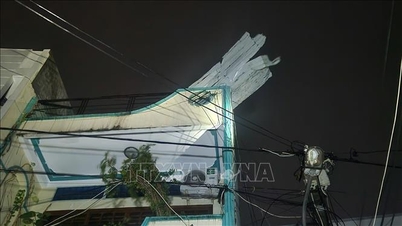

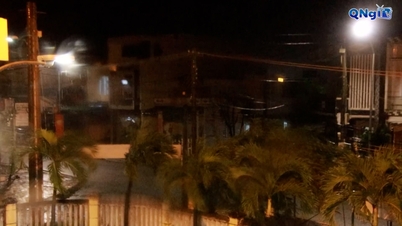



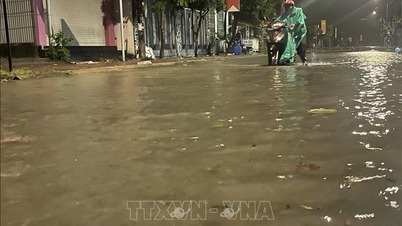













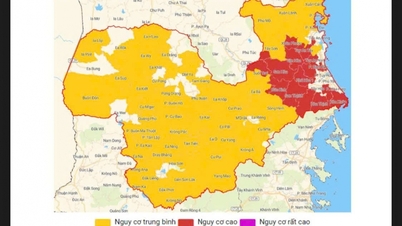





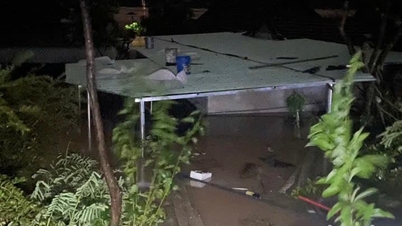














Comment (0)